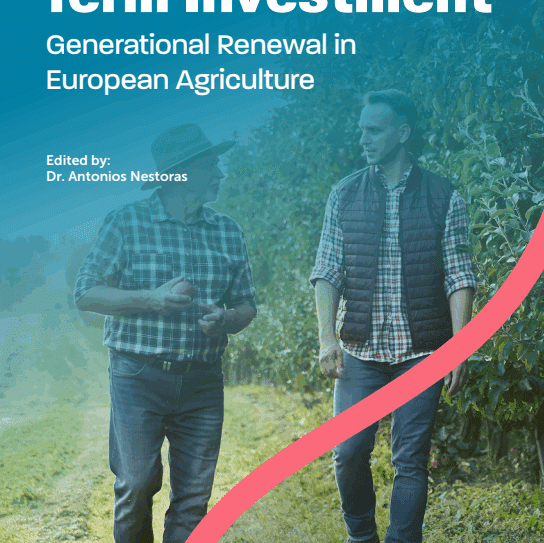Ensuring Long Term Investment
The long-term sustainability of European agriculture depends not only on policy support through the Common Agricultural Policy (CAP) but also on private and public investment, generational renewal, and innovative business models. While CAP has been a lifeline for farmers, there remains a critical gap in long-term investment, particularly for new entrants and young farmers facing high upfront costs, low profit margins, and financial instability.
